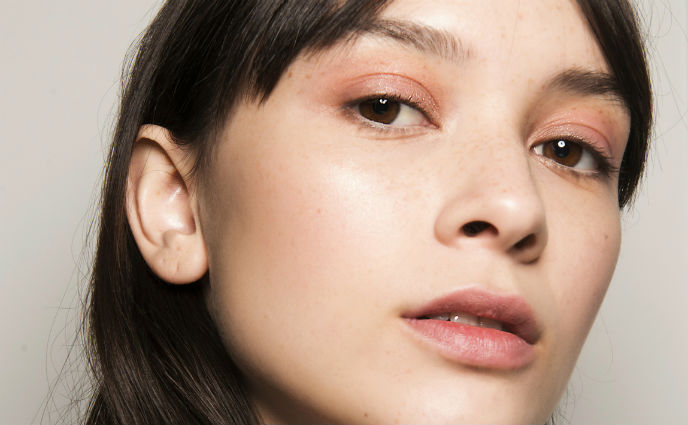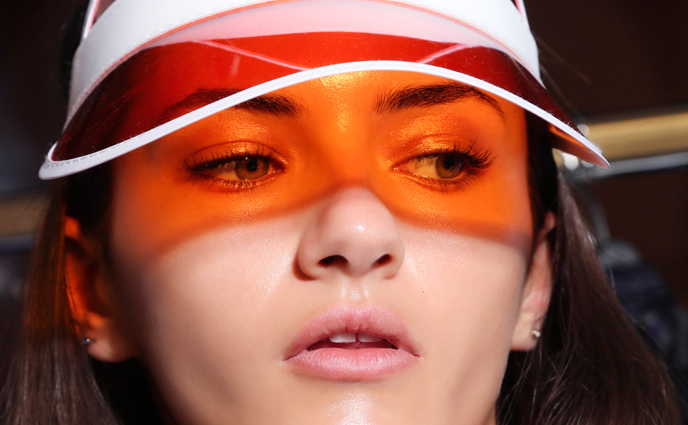Consistently applying sunscreen is a whole lot easier if you have a sunscreen you enjoy using. Everyone's skin is different, so it may take some trial and error for you to find your perfect SPF match. "Take some time to test different products to find a consistency and color you like and will feel comfortable wearing every day," says Batra. "No matter what a product says on the label, it has to agree with your individual skin or you'll never use it."
Of course, you already know that choosing one that's broad-spectrum with an SPF of no less than 30 is an absolute must. Schlessinger suggests selecting a sunscreen that's non-comedogenic, meaning it won't clog pores and cause breakouts. This is especially useful if you have oily or acne-prone skin.
For sensitive skin, Swann says the fewer ingredients in a sunscreen formula, the better. "Look for mineral ingredients like zinc oxide and titanium dioxide," he says. Also look for sunscreens that are free of fragrances if you have sensitive skin, since these can be irritating, says Batra. For those with darker skin tones, using a tinted sunscreen may help you avoid any white residue, adds Batra.
Your skin may have different needs when it's colder outside. "During the winter, it is important to moisturize and keep skin hydrated since the cold tends to dry out skin, even oily skin," says Paul Dean, MD, dermatologist in San Diego. "So looking for a sunscreen that has moisturizing properties such as hyaluronic acid is important."
Image via Imaxtree
What you don't want to do is rely on makeup with SPF as your only form of sun protection. "The problem with multitasking products is that people often don't apply a sufficient amount to achieve the SPF on the label," says Batra. That being said, if you do apply enough product, a multitasking foundation with SPF should be a viable option during the colder months of the year, says Batra. "However, in general, it is more effective to use a separate sunscreen after moisturizing and before applying makeup," she adds.
Image via Imaxtree






